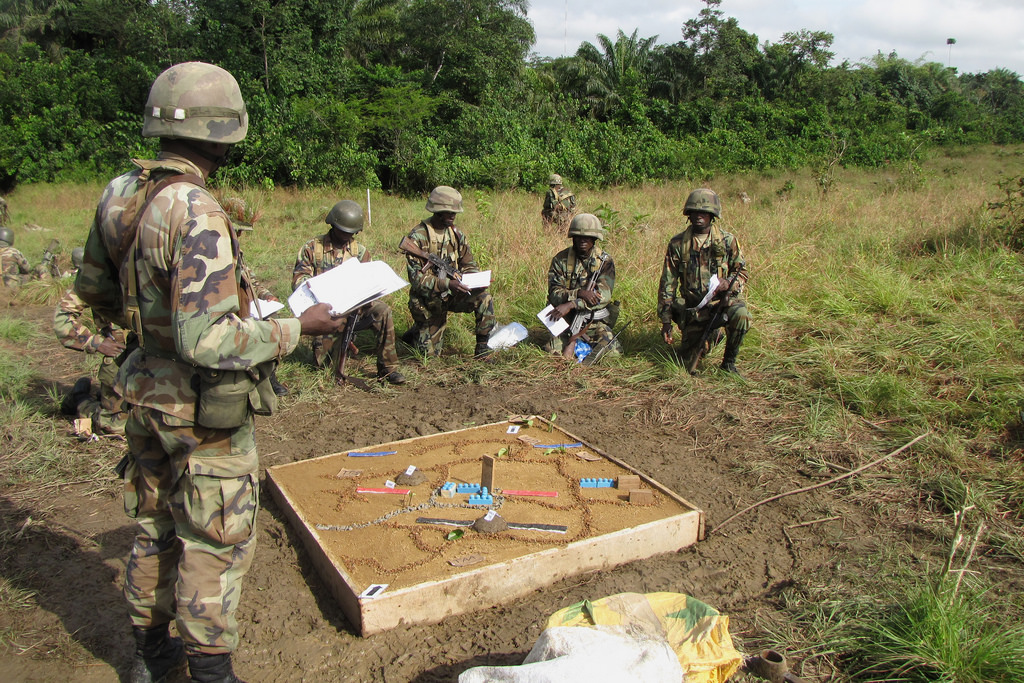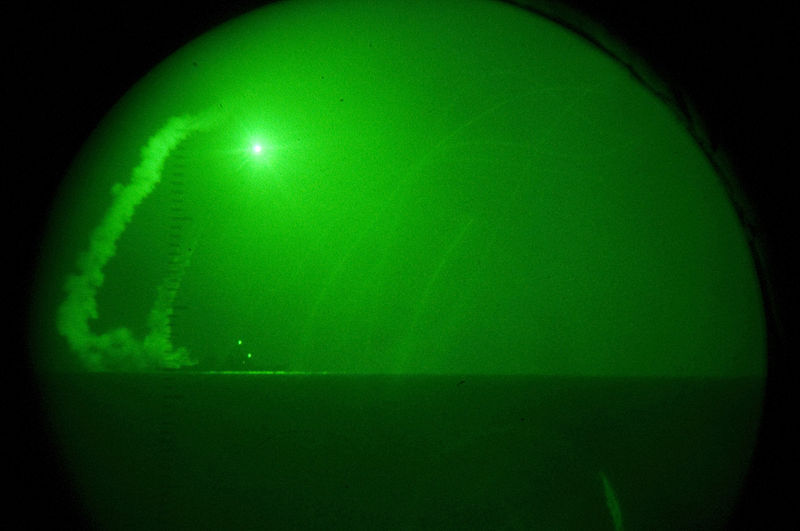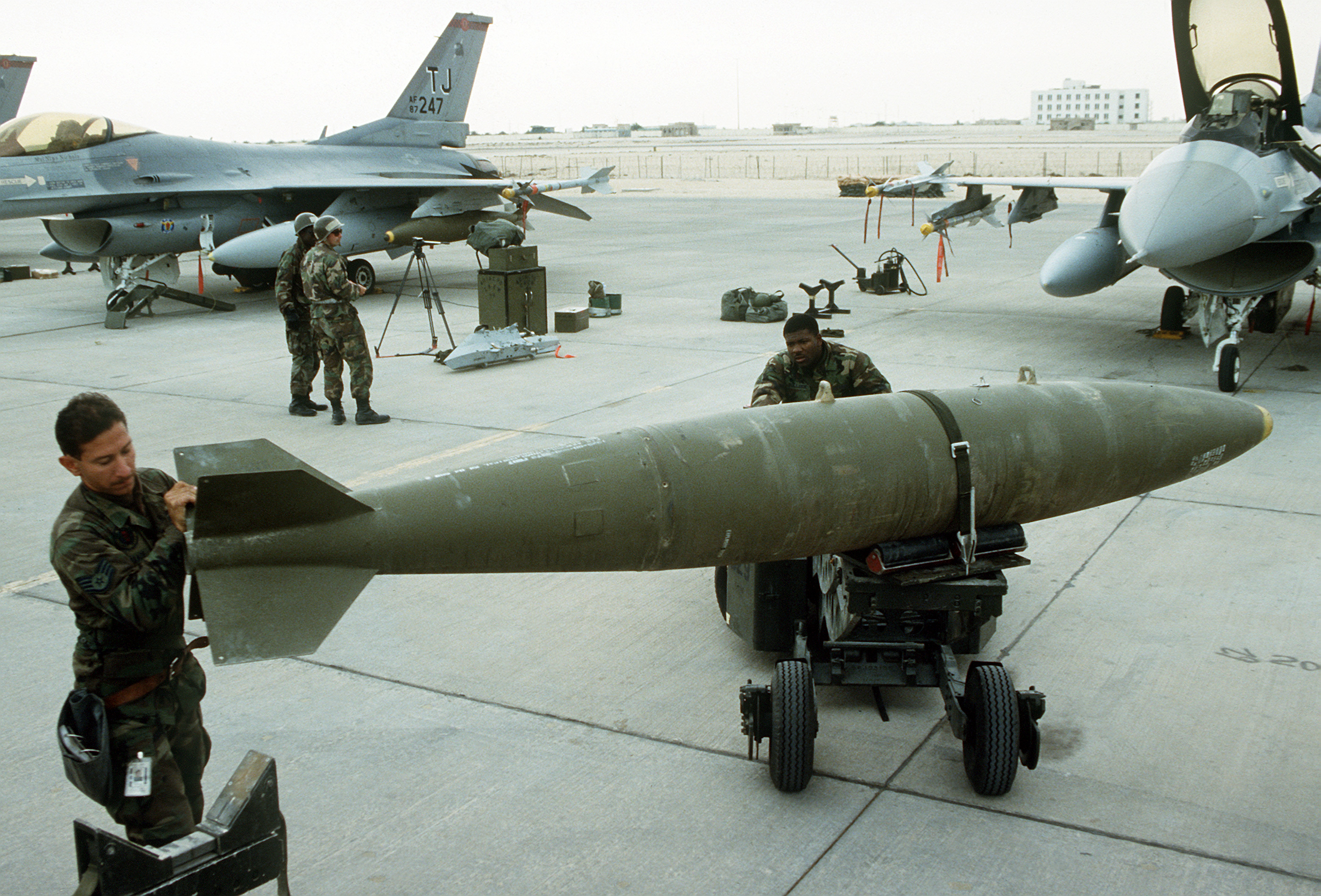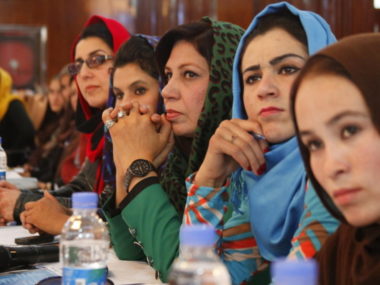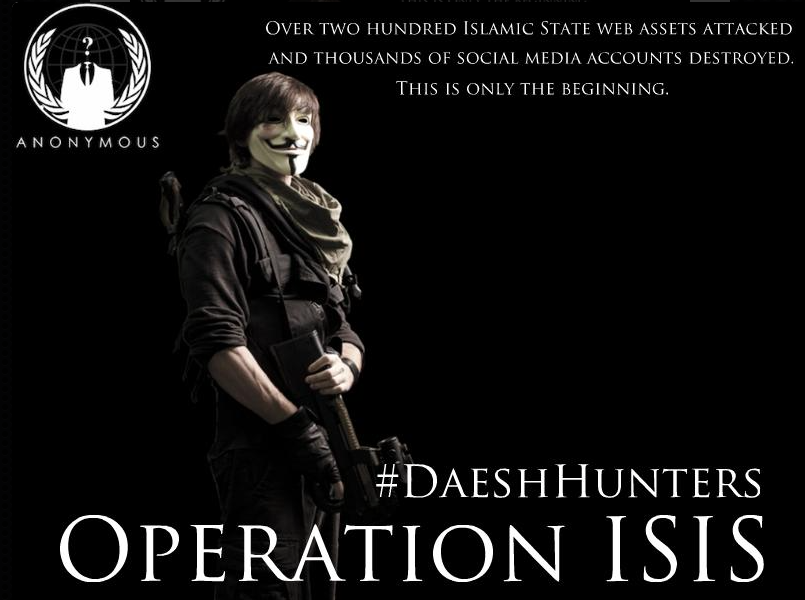Guest post by Peter B. White.
While the number of coups and military regimes has declined since the end of the Cold War, civil-military relations remain far from quiescent: 2016 saw coup attempts in Burkina Faso, Libya, and Turkey. In recent years, the proportion of successful coups has increased despite a decline in overall numbers, and the majority of recent successful coups have occurred in democracies. Recognizing their continued importance, recent scholarship has leveraged new data to identify factors that affect the likelihood of military coups, including new insights on international and domestic conflict, the economy, and the security sector.
Yet the focus on coups neglects less obvious, but no less important, manifestations of military involvement in politics. Coups are important, but they are rare and extreme outcomes in civil-military relations. Studying coups tells us a great deal about bargaining break-downs between governments and militaries, but misses the other ways in which military involvement in governments increases and decreases. Power in governments is divisible and civilian governments often cede portions of it to their militaries without the military resorting to a coup attempt. For example, in 2011, Sri Lanka’s military absorbed the formerly-civilian Ministry of Urban Development and took over many senior diplomatic posts. In terms of decreases in military involvement, purges are one way in which individual military officers are pushed out of power, while at other times militaries as institutions give up some of their political power peacefully. Between the 1967 and 1973 wars between Egypt and Israel, the hitherto military-dominated cabinet of Egypt was largely civilianized, and the military was largely confined to defense-related portfolios. This occurred with the buy-in of many senior officers.
Understanding how military involvement in government changes outside of coups is vital, given that governments where the military has a large role are more likely to initiate conflict, repress political opponents, and make poor strategic decisions. Yet, we know very little about what drives these types of shifts in civil-military relations. In a recent article in Security Studies, I examine how international conflict affects military involvement in national governing bodies. Using new cross-national data on the number of military officers in national cabinets and state councils, I find that international crises that end badly for the state—in defeat or stalemate—lead to long periods of military withdrawal from government.
I argue that this trend stems from preference shifts inside the military. Poor military performance highlights the pathologies in military effectiveness that are inherent in a military dividing its time between politics and defense. Following a poor crisis outcome, professionally-oriented officers increasingly assert themselves within the military, and this moves the preferences of the military away from political involvement and towards professionalism and abstention from politics. The presence of military officers in the cabinet or state council, particularly in non-defense roles, decreases as the military focuses increasingly on defense.
Years later, the rising cohort of officers brings with them a strong preference for professionalization because of their formative experience as junior officers during an international crisis that ended in defeat or stalemate. In line with the adage that “generals always fight the last war,” when the “Crisis Generation” of lieutenants and captains becomes colonels and generals, they again push the military towards professionalization and withdrawal from politics. National governing bodies again become increasingly civilian. This theory offers, for example, an explanation for how the “Korean War” generation of officers affected Chinese Party-Army relations when they began to ascend to the top ranks of the PLA in the 1980s and 1990s—a period of dramatic military reform and depoliticization.
The “generational” approach to studying conflict and civil-military relations suggests a number of important implications for scholars and policy-makers. Future military preferences can be profoundly shaped by the present-day experiences of junior officers. Security Sector Reform can be structured to take advantage of generational attitudes regarding the involvement of the military in politics. For example, the UK-led International Military Advisory and Training Team specifically considered the role that generational turnover in the officer corps would play in rebuilding and reforming Sierra Leone’s military following the civil war, planning to socialize junior officers to norms of professionalism and civilian control in the hope of those norms being carried into the senior officer corps as those officers were promoted. Relatedly, in new democracies, the prospects for consolidation may be strongest where not only the present, but also future officer corps favors abstention from politics. Reformers building new armies should consider how the preferences of young lieutenants and captains today will become the preferences of colonels and generals tomorrow.
Peter B. White is a Postdoctoral Researcher at the University of Maryland’s Center for International Development and Conflict Management. His research centers on armed conflict, civil-military relations, and conflict management.

